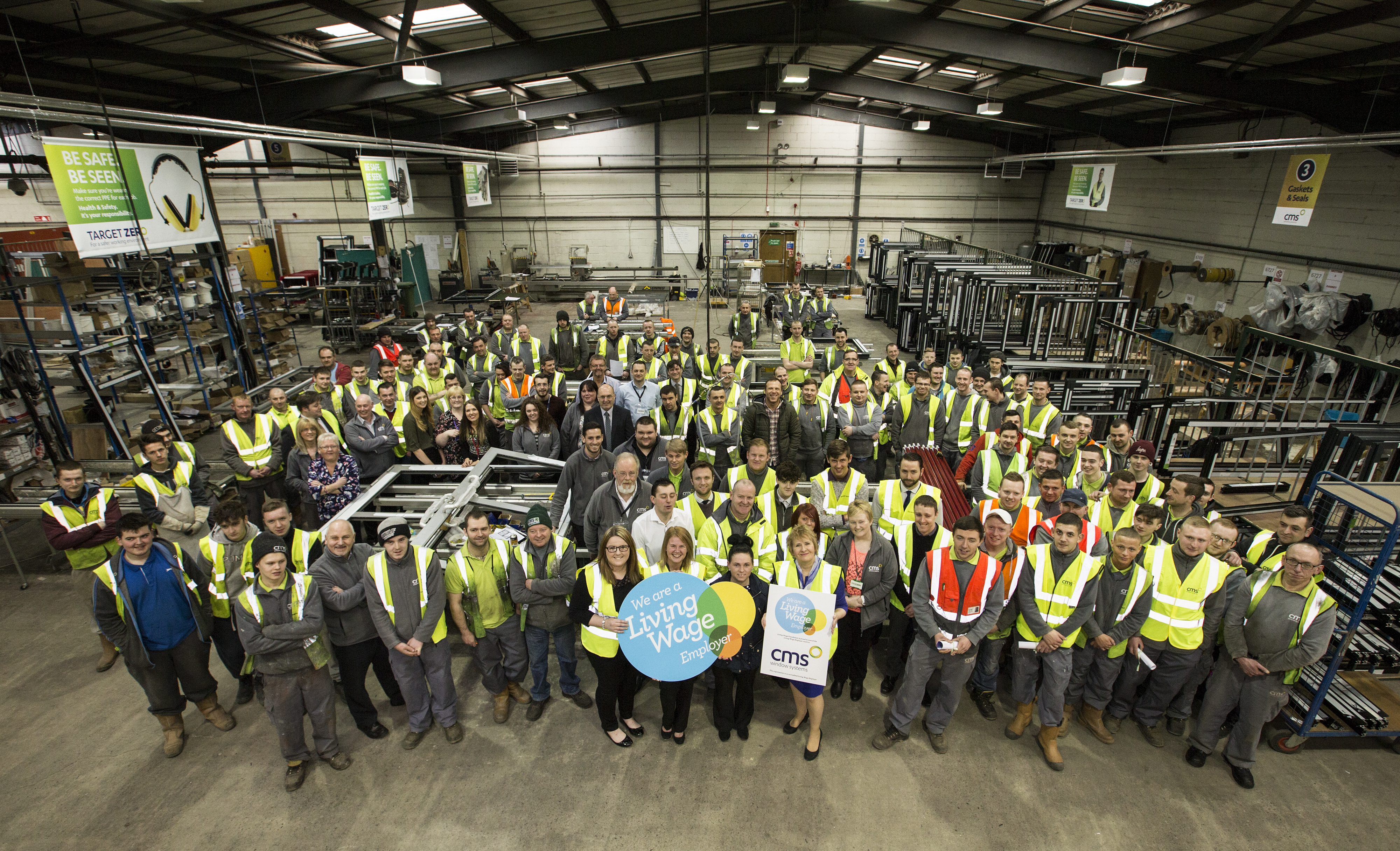This is my first week working at the Living Wage Foundation, the heart of a movement that I've been involved in and admired for a long time. Next year will mark 20 years since the Living Wage campaign began in East London, and while it's grown and diversified hugely since then, the belief that workers and families should receive a wage that supports their everyday needs has remained the unifying and driving force behind it.
The achievements have been impressive: 6,500 employers have chosen to go above and beyond the government minimum, accrediting to the Living Wage and putting over £1 billion into the pockets of hundreds of thousands of low-paid workers.
This is fundamentally a movement about people and their families. One of the things that has stuck with me most is listening to a care worker talking about the difference a real Living Wage had made to her and her children when I first came across the campaign six years ago. I've spent my career so far in economic research and policy, but that brought the importance of the Living Wage home to me far better than any statistics ever could.

Undoubtedly, the midst of a global pandemic is a challenging time to be having this conversation. Coronavirus has affected all of our lives and livelihoods in some way, but it's already very clear that lower-paid workers and those living in less well-off parts of the country have been hit hardest. In particular, while some sectors of our economy have been able to carry on roughly as normal, after the adjustment to working from home, those in low-paying sectors like retail and hospitality have faced large numbers of redundancies even before the furlough scheme has ended. Many businesses in these face-to-face service sectors are struggling to stay afloat. Meanwhile, essential workers like carers, cleaners and shop workers have been exposed to the greatest health risks during this pandemic and are critical to the re-opening of society and the economy. But they continue to face widespread low pay, insecure contracts, and uncertainty as to their working hours from week to week.
That's why it is essential that we continue to advance the conversation on how businesses and policy makers seeking to build back better from the pandemic can do so. The Living Wage is a fundamental part of that conversation, as is providing work that meets our new Living Hours standard, and our campaign for a Living Wage for key workers like those in social care.
Improving the circumstances of low earners is not just about more money in people's pockets, but about showing respect to and providing dignity for the workers who have kept our economy going. That's what we at the Living Wage Foundation and the growing network of responsible employers we work with will be continuing to focus on in the coming weeks and months.
